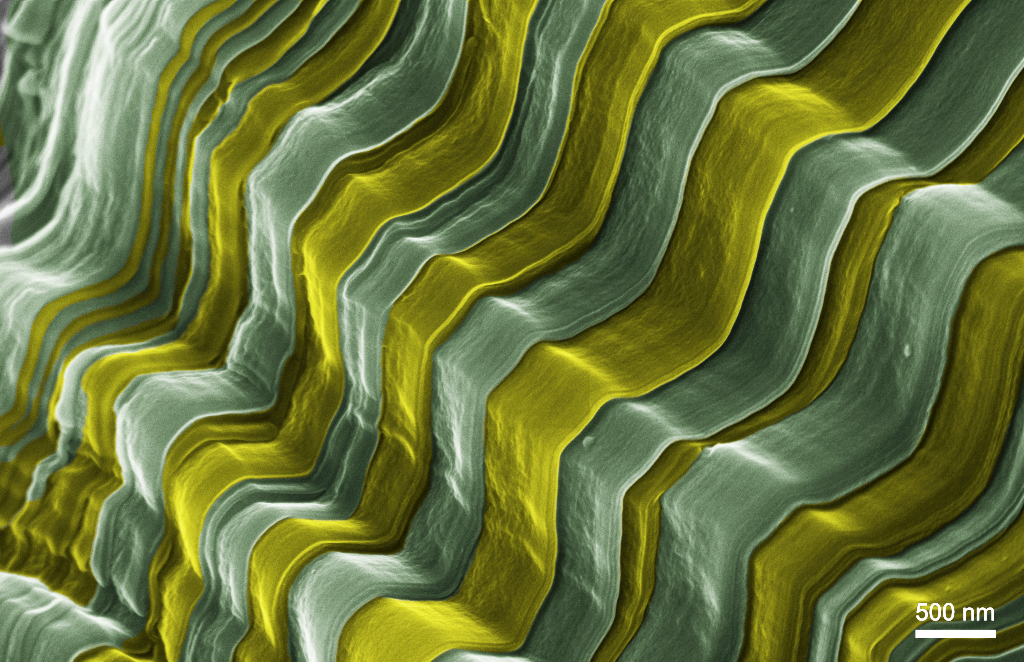Performance-limiting electrochemical reactions in lithium-based batteries
Background
This image was a winner of the 2018 Materials Today competition.
Aims
Our main goal is the development of a significantly improved electrochemical understanding of the performance-limiting effects in lithium-based batteries to enable the realization of lithium-based batteries with significantly improved performances.
Approaches
Keywords
Lithium-based batteries, electrochemistry, capacity loss mechanisms, lithium-trapping, dendrite formation, electrodeposition, nucleation.
Links
Link to the webpage ”Electrochemistry and corrosion” at Uppsala University
Project leader
Leif Nyholm
Other project members
Additional Funding (apart from STandUp for Energy)
The Swedish Research Council (VR), The Swedish Energy Agency.

